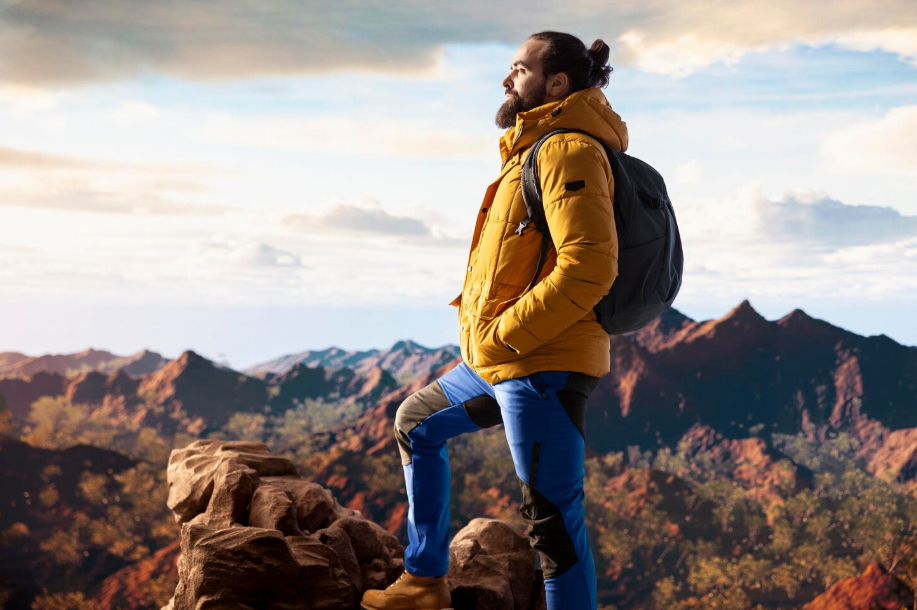Traveling, dining, or exploring alone can sound intimidating. However, it’s one of the most empowering experiences you can give yourself. Solo travel benefits include confidence, independence, and self-awareness in ways that group travel often cannot.
When you move through the world on your own terms, every decision, whether it’s where to go or how long to stay, becomes an act of self-trust.
More people than ever are embracing solo experiences, not as a sign of loneliness, but as a form of freedom. Whether it’s a solo weekend getaway or an afternoon in your own city, venturing out alone helps you rediscover your voice, pace, and preferences in a noisy world.
The Psychology of Going Solo
Doing things alone can initially feel uncomfortable because humans are social creatures wired for belonging. Psychologists refer to this discomfort as the “spotlight effect.” It’s the false belief that others are judging or watching us more than they actually are. In reality, most people are too absorbed in their own world to notice.
Research indicates that solo travelers and adventurers tend to report higher levels of self-confidence and emotional resilience. When you navigate a new environment on your own, you learn to rely on your intuition and problem-solving skills. Each challenge, whether it’s finding directions, ordering in another language, or managing logistics, reinforces your ability to adapt and thrive.
Solitude also fosters reflection. Without the constant chatter of the company, you reconnect with your thoughts, noticing what excites or bores you, what calms or motivates you. This awareness is the foundation of genuine self-knowledge.
Explore How to Travel More Without Quitting Your Job for practical travel tips.
The Joys of Self-Directed Exploration
One of the greatest gifts of solo adventures is the freedom to follow your curiosity without compromise. You can linger at a museum exhibit, take a detour down a quiet street, or skip the tourist traps entirely. Every moment becomes yours to shape.
Solo time also changes how you engage with others. Paradoxically, traveling alone often leads to deeper connections, whether with locals, fellow travelers, or even oneself. Without the buffer of companions, you’re more open to conversation and spontaneous experience.
Even small solo outings, like seeing a movie or hiking alone, can feel liberating. They remind you that enjoyment doesn’t depend on company—it depends on presence.
See Cultural Traditions Worth Preserving in a Fast-Moving World for inspiration to explore local customs.
Safety and Confidence Tips for Going Solo
Empowerment thrives on preparation. Here are a few tips to stay confident and safe while exploring alone:
- Plan. Research your route, lodging, and emergency contacts before leaving.
- Stay aware, not afraid. Keep your phone charged and trust your instincts in unfamiliar settings.
- Blend in. Dress modestly and observe local customs to avoid drawing unwanted attention.
- Share your itinerary. Let someone you trust know your plans, especially when traveling abroad.
Confidence grows through repetition. Each successful solo experience reinforces your independence and comfort with uncertainty.
If you want mental tools to support that resilience, see How to Build Grit Without Burning Out.
The Growth That Comes From Being Alone
Solo adventures teach you that solitude isn’t isolation. It’s self-connection. When you learn to enjoy your own company, you stop seeking external validation for happiness. You become more grounded, self-reliant, and open to the unfolding moments of life.
Whether it’s a solo dinner or a cross-country trip, stepping into the world alone is an act of courage that expands your perspective. It’s not about escaping others. It’s about rediscovering yourself.




